A comedy that reflects on Algerian culture, family ties, immigration, lies and literature, Youssef Salem a du succès, directed by Baya Kasmi, will be released in France on January 18, 2023.
Laëtitia Soula
“Youssef Salem has always managed to fall short in his writing career, but the trouble begins when his new novel meets with success, for this time, Youssef took inspiration from his intimates, for better and especially for worse. He must now at all costs make sure his book doesn’t fall into the hands of his family.”
Such is the pitch for the new French comedy Youssef Salem à du succès (Youssef Salem Gets Ahead), directed by the talented Baya Kasmi. A prolific screenwriter and winner of a César Best Original Screenplay Award for the Michel LeClerc film Le nom des gens (The Names of Love, 2011), Kasmi directs Youssef Salem with ingenuity and flair, and is aided in her efforts by an inspired ensemble cast.
Youssef Salem, played by Ramzy Bedia, forms an endearing duo with Lise, his editor (Noémie Lvovsky). Distraught by the unexpected success of his novel Le choc toxique, in which he depicts the failings of his family in a thinly veiled way, he will do anything to prevent his parents from reading it. “When a writer is born into a family, the family is finished,” pronounced the late Philip Roth: this is one of the starting points of the film, which depicts the incredible adventure of a son of Algerian immigrants in France — a writer who, against all odds, is shortlisted for the Goncourt, France’s most coveted literary honor.
What should be an anointment, however, becomes a conflict for the author who, at the age of 45, lives a lie in order to spare his parents embarrassment. He has them believe, for example, that he still lives with his partner, whereas they separated two years earlier; and he makes his father, a French-language enthusiast, reread texts that he purposely fills with mistakes so that he can correct them. In the same way, his lesbian sister convinces her parents that her companion is her roommate.
Among the brilliant gallery of characters and the actors who play them we should mention Youssef’s sister Lise, incarnated by Melha Bedia (Ramzy Bedia’s sister in real life); Youssef’s parents, played by Abbes Zahmani and Tassadit Mandi; and the delightful Vimala Pons as Léna, Youssef’s romantic partner.
Family loyalty and clichés
Outwardly a comedy, the film nonetheless provides rich reflection on the serious matter of family ties. The director pushes the conflict of family loyalty to its limit, at which point it combusts. Family drama is a comic fount that benefits from the many clichés around Algerian culture, as the Salem family plays with societal injunctions and norms — such as being heterosexual, hardworking and honest, and having children.
The film deals powerfully with the unspoken and with taboos around sexuality. In fact the “toxic shock” that gives birth to the plot is none other than the sin of having had a sexual relationship before marriage — premarital sex can and has often resulted in the death of the lovers. There is the terrible shame of desires and impulses, or “chouma” — a deep shame that many children feel when adults do not give us words to explain certain phenomena, whether masturbation, transvestism or homosexual attraction with which we are connected in one way or another. An unspeakable shame surrounds these unspoken feelings or behaviors, which we hide like a heavy secret. According to Kasmi, by dealing with taboos, the film shows “how sometimes lying is a form of freedom.”
Do not disappoint your parents
Honor can also be sullied by disappointing one’s parents, who worked so hard to rebuild their native Algeria after its war of independence against France, and who then moved to France itself, the colonizer that became a host country, where they and other immigrants had to accept exploitation and bend over backwards to succeed.
The film doesn’t pull its punches. In France, even today, Algerian immigrants and their descendants hear phrases like “all Arabs are thieves.” One of the film’s strengths is that it provides a comical counterpoint to the theme of racism with an absolutely delightful clash of generations, showing how matters of integration in France are experienced differently by members of the same family. At times overwhelmed by 21st century demands, Youssef’s parents continue to glorify a past full of heroes that society has no use for; they are Algerians raised in prudery who find themselves in a society that has legalized gay marriage. Overwhelmed, too, are the children, who try to protect their parents from this generational clash, and this is one of the film’s most successful comic devices.
What it means to be Arab
Among the film’s attractions are its brilliant soundtrack, which features artists of Mediterranean origin such as the Franco-Lebanese Bachar Mar-Khalifé, son of the great singer and oud player Marcel Khalifé, and Alexandre Saada, a French musician and film music composer whose parents are from Tunisia and Algeria. The family of the hero is based in Marseille, and the film perfectly illustrates the multicultural and mixed dimension of this city, which grew around a port that has welcomed successive waves of immigration. Kasmi chooses to set the legend of the toxic shock in the magical setting of Les Goudes, facing the island of Maïre, in the heart of the calanques. In this mineral universe, arid and steep, populated with rocks, scrubland and pine forests, we find ourselves in a landscape that could easily be mistaken for the Algerian coast.
There is an intentional discrepancy between the hero’s Parisian life, encapsulated by the glitz of Chez Drouant, and the scruff of the Marseilles slums. There is also a counterpoint between Paris and the provinces, between the language spoken in the capital and the sing-song variant of the south, not to mention a nuanced reflection on identity and the plurality of Arabness.
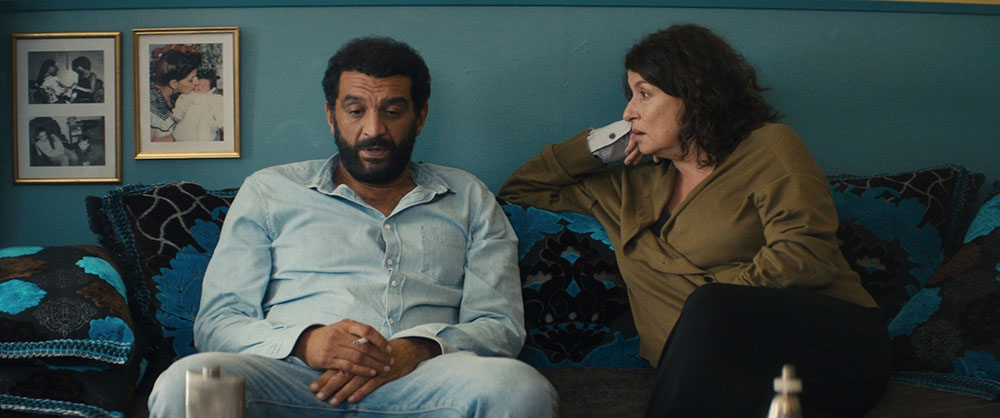
Literature and the writing profession
We learn in Youssef Salem that it is sometimes better not to transgress taboos, that the unspoken can remain in the shadows, and that we’re better off when it does. This is a film full of winks; among other things, it mocks the French television world and reality TV, and features personalities who play themselves, such as journalist and literary critic Augustin Trapenard.
This marks Bedia’s third time working with Kasmi, who was born into an Algerian immigrant family in Toulouse. We saw Bedia previously in I’m Yours Right Now in 2015, and Class Struggle in 2019. The combination of their talents hits the mark. With Youssef Salem, Kasmi even claims to have written the character for him. Underneath the comedy and the gags, we are also treated to a reflection on literature and what it can say in terms of the writer’s craft, and the sometimes perilous exercise of autobiography.
Youssef Salem uses lies to make the truth more obvious. If the protagonist disguises reality through his words, it is to better bring it out into the open, so that we can see it as it really is. To serve this process, a beautiful mise en abyme between literature and reality is constructed throughout the narrative. Here nothing is true, but at the same time, everything is. As Kasmi says, “The truths of some are not the truths of others,” hence the difficulty of producing an autobiographical narrative that the author alone can own.



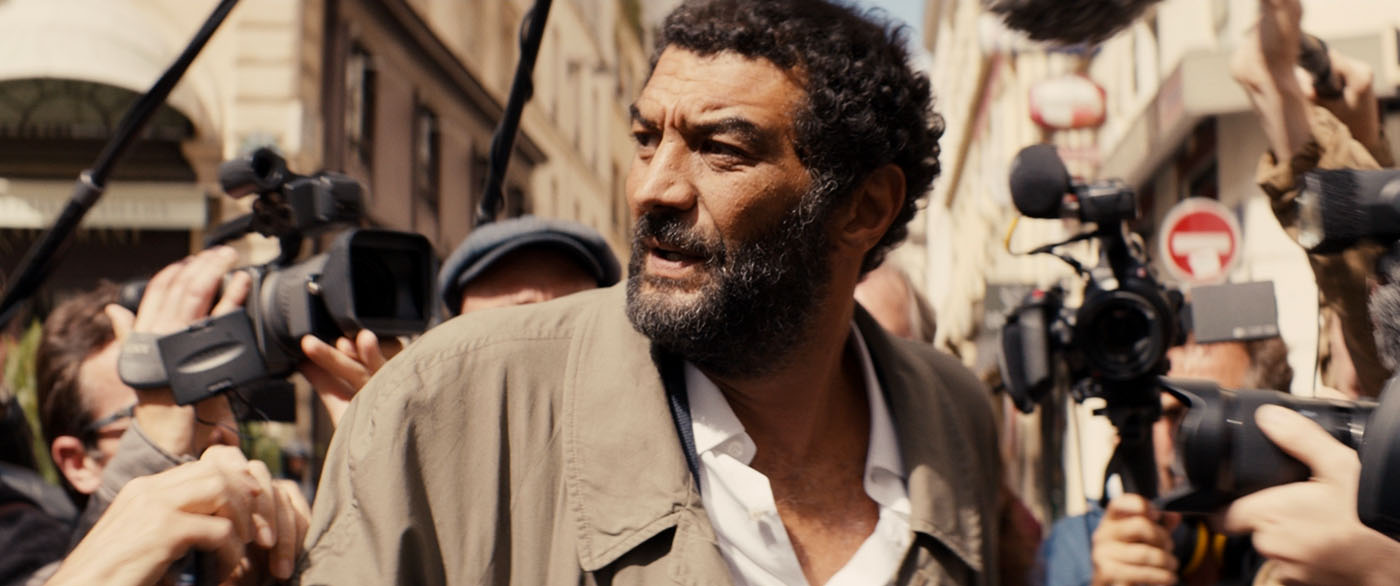
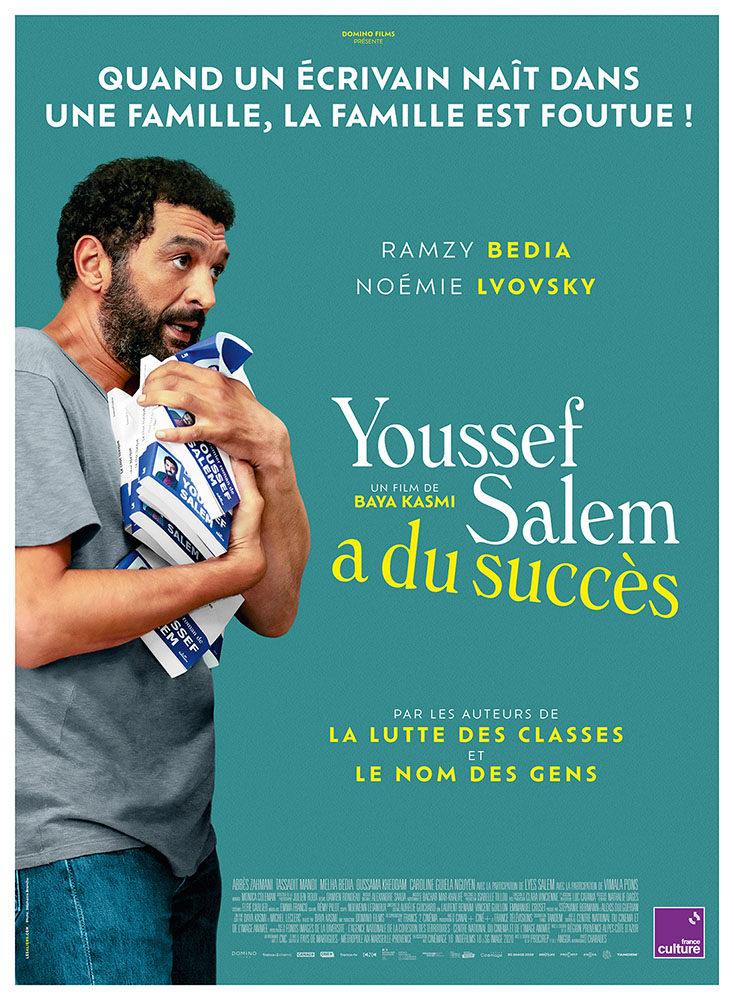
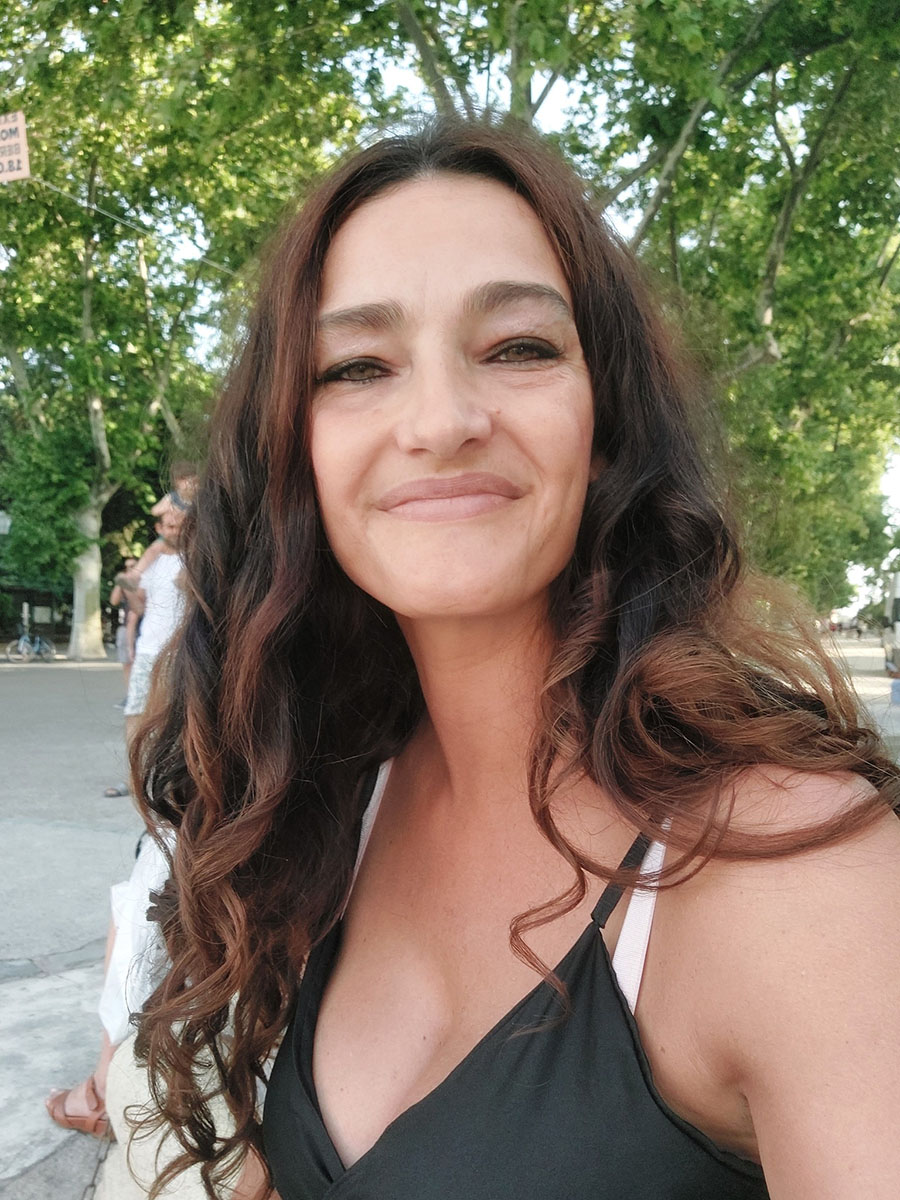
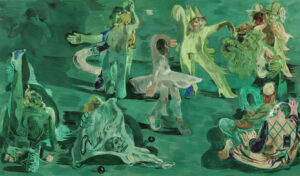

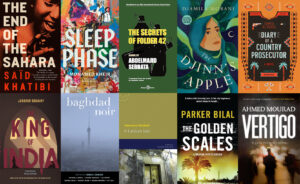
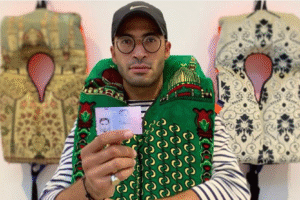




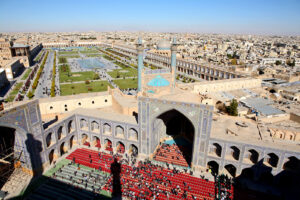
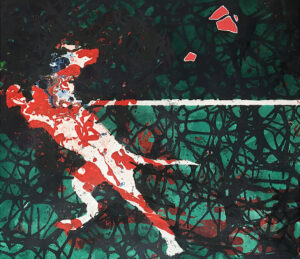
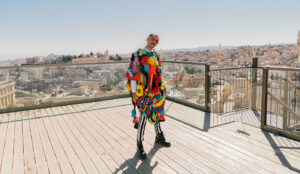






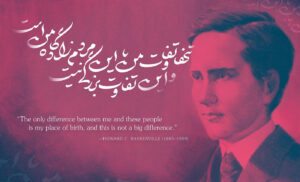











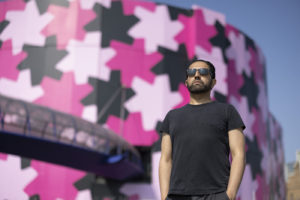




Excelente articulo, resalta aspectos interesantes de una muy buena pelicula, felicitaciones, slds
Muchas gracias Edgar !